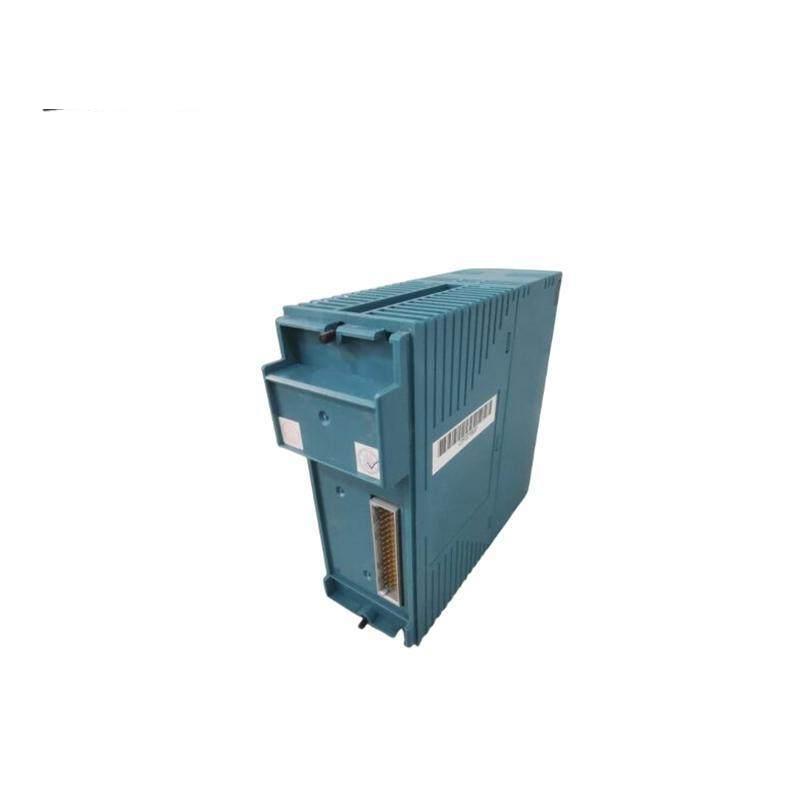The Yokogawa NFPW442-11 Power Supply Module is a high-performance, high-reliability modular controller designed for industrial control applications, ensuring robust operation in challenging environments.
The Yokogawa NFPW442-11 Power Supply Module is a high-performance, high-reliability modular controller designed for industrial control applications, ensuring robust operation in challenging environments.
 WhatsApp
WhatsApp
High-performance, high-reliability modular controller:true
Memory with ECC:true
Low heat dissipation, no need for fan:true
Rich RAS features including CPU self-diagnostics, temperature monitoring, and I/O diagnostics:true
Duplex capabilities for CPU, power supply module, local bus (SB bus), and control network:true
Hot-swappable components for uninterrupted operation:true
Link Active Scheduler (LAS) functionality for low-speed voltage mode (H1) FOUNDATION Fieldbus:true
The Yokogawa NFPW442-11 Power Supply Module is an indispensable part of advanced industrial control systems. Its robust design ensures optimal performance and longevity, making it a preferred choice for industries requiring precision and reliability.
Equipped with ECC memory, this module boasts enhanced data integrity, safeguarding against errors and system failures. The innovative low heat dissipation technology eliminates the necessity for a fan, leading to reduced maintenance costs and improved operational efficiency.
With its comprehensive suite of RAS (Reliability, Availability, Serviceability) features, the module provides unparalleled diagnostics and monitoring capabilities. This includes CPU self-diagnostics, temperature monitoring, and I/O diagnostics, enabling proactive maintenance and swift issue resolution.
Featuring duplexing capabilities for the CPU, power supply module, local bus (SB bus), and control network, the Yokogawa NFPW442-11 ensures redundancy and reliability, providing failover options to maintain continuous operation even under adverse conditions.
All modules are designed for hot-swapping, allowing for seamless replacement without system downtime, thus enhancing operational flexibility and reducing maintenance time. This feature is particularly advantageous in critical applications where uninterrupted operation is paramount.
